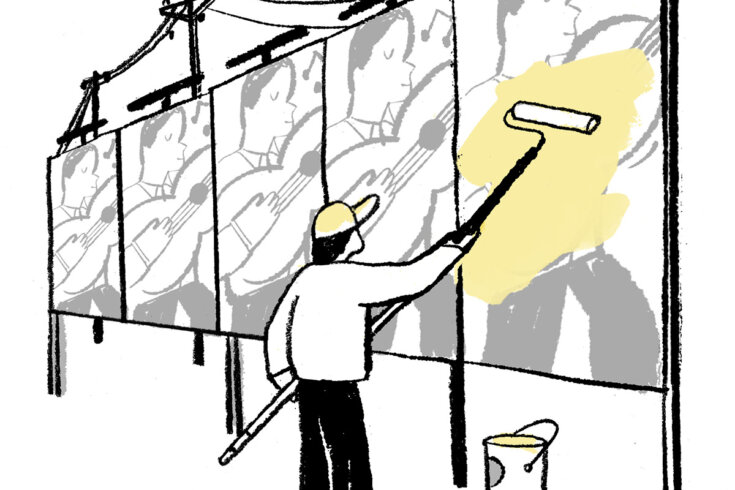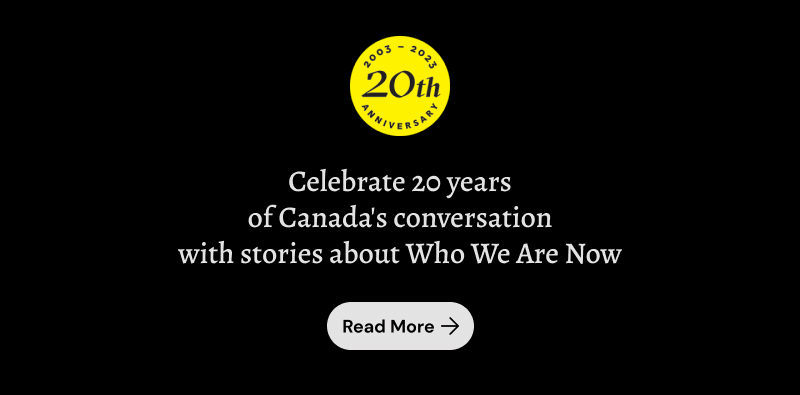Part of working as a musician has always been about living with uncertainty. Like many artists I know, I’ve held multiple jobs at a time to eke out a career in arts and culture. Most bass players don’t have main-character energy; I’ve typically made music for collaborative reasons. I also work as a composer and sound designer for theatre and dance. Over the last couple of years, I’ve had to shift gears to keep afloat.
Before the pandemic, about 65 percent of my income came from live performances. COVID-19 flipped all of that. During the stricter periods of lockdown, I wasn’t playing gigs at all. Now I’ve taken on more work as a composer and arts administrator. It generally pays better and is more stable than playing live.
Many working-class musicians are getting priced out of making music. In the early days of the pandemic, I was seeing tons of people on Facebook Marketplace and Kijiji selling off their musical equipment because they were unsure of how they’d be able to pay their bills. Many technicians I know couldn’t get any work and have retrained in other fields. Music is like a language: you need to be immersed in it if you want to get any better. But a lot of people have been forced to take time away from their instruments, and many of those who would have entered the industry after graduating have seen their plans derailed. We may never know who could have broken out.
The actual sound of music is changing too. I’ve noticed in popular music that artists are setting melodic and thematic hooks earlier in their tracks because it makes more sense for, say, a video on TikTok or Instagram Reels, where users can lip-synch or make dances to them. I’m also noticing folks angling toward writing music that has the potential to be licensed for film and television, because that’s more lucrative. Sometimes it’s still great-sounding music, and there’s a lot of heart in it. But these songs also tend to follow certain conventions that make them less interesting.
In the past, you would see performers at concerts and on TV, or you might get to know them through magazine interviews and the liner notes of their records. Now it’s expected that artists cultivate an intimate relationship with their audiences. Some artists can really thrive on that and find superfans who they truly connect with. But it can be a double-edged sword. Because when you know so much about someone, it changes the way you listen to their music and interpret their art. It changes how you value it.
I predict that folks will increasingly shift away from creators they can’t relate to. There will be more artists from wealthy backgrounds masquerading as working class, or at least downplaying their access to generational wealth, to seem approachable and to suggest that their success was built on gumption alone. This is not new. We already have music videos where Drake is riding a garbage truck and Justin Bieber is cosplaying as an oil rig worker. It’s bizarre.
I can see today’s working-class artists who reject these systems birthing new scenes and genres. Their music will be disseminated through small venues and community-centred events—which has always been a part of countercultural music—as well as the usual digital platforms. When these scenes reach critical mass, there will be another shift as music industry leaders find ways to monetize the counterculture. This isn’t new either. The wealthy love working-class culture but not working-class problems.
As told to Connor Garel.





